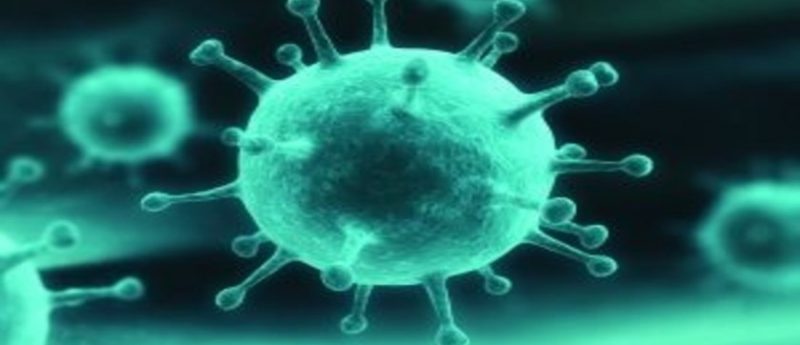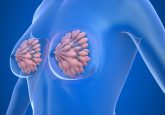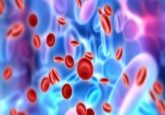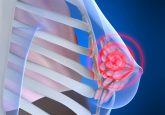Virus mimic in aggressive cancer cells uncovered: Potential for new therapeutic targets?

Researchers at the Perelman School of Medicine, University of Pennsylvania School of Medicine (PA, USA) have made a discovery that could explain why certain forms of cancer are more aggressive than others. The study has shown that cancer cells in human tumors can force the normal cells to release exosomes containing specific genetic material that makes them appear as if they were a virus. The findings were recently published in Cell.
The problem facing the group was the lack of viral infection in the tumors, despite the anti-viral responses from the cells. The implication was that something inside the cancer cells was mimicking a virus, thereby allowing the tumors to more easily resist treatment and spread.
Utilizing breast cancer as their model, the researchers discovered that cancer cells can stimulate fibroblasts into secreting exosomes rich in RN7SL1. RN7SL1 is noteworthy because its end resembles the RNA of a virus. As long as the fibroblasts continue to keep the virus-like end exposed, the cells taking up the exosomes will continue to respond as if it were a viral infection. This antiviral signaling has been observed in particularly aggressive forms of cancer such as BRCA1 and triple-negative breast cancer. It could explain why some cancers are more aggressive and inflammatory than others.
The study’s senior author, Andy J. Minn, from the University of Pennsylvania School of Medicine explained: “If the end remains covered, breast cancer cells wouldn’t treat these exosomes like a virus, making them less likely to progress and more likely to respond to treatment. On the other hand, if the end is always exposed, cells would react as if they are infected with a virus all the time.”
The new discovery has opened up potential novel avenues for therapeutic targets. The blood of cancer patients can be tested for the presence of exposed RN7SL1, which could be utilized to identify patients at risk from aggressive forms of cancer produced by their ability to mimic virus behaviour. The current study, alongside related studies undertaken in the past by Minn’s team, suggests that the NOTCH pathway could be a potential interest for further drugs targeting. By turning off the NOTCH pathways, the signals that instruct the fibroblasts to release the virus mimicking exosomes are cut off. Therapy including NOTCH inhibitors has previously been effective at treating mice with triple-negative breast cancer.
Sources: Exosome RNA unshielding couples stromal activation to pattern recognition receptor signaling in cancer. Cell. http://dx.doi.org/10.1016/j.cell.2017.06.031 (2017). https://www.eurekalert.org/pub_releases/2017-07/uops-ccf071317.php





